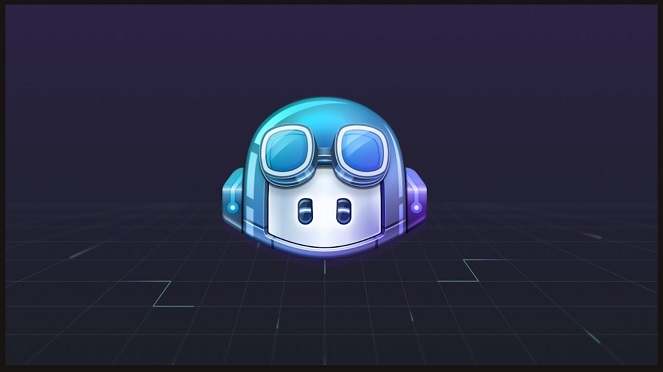The latest from OpenAI comes to Copilot Scheduling assistant evolves with a new AI model
In the last year, artificial intelligence has not only been behind image generators like DALL·E and chatbots like ChatGPT, but it has also played a leading role in software development, and advances continue. Copilot, which had surprised programmers with its capabilities, has just been updated.

This tool is developed by GitHub, a subsidiary of Microsoft that works with Codex, a language model originally powered by the prodigious GPT-3. Now the company has announced that it has just updated the underlying technology of the aforementioned Codex with a “more advanced OpenAI model”.
Post– A general dismissed by Putin found dead in an alleged suicide
GPT-3.5 or GPT-4?
GitHub, taking the same stance as Microsoft with the new Bing, has preferred not to specify which AI model now powers Copilot, however, there are some possibilities on the table. Officially, the latest version of GPT released is 3.5, which was unveiled late last year with the company’s viral bot run by Sam Altman.
So, the new heart of Copilot, and consequently of Codex, can be GPT-3.5 or, eventually, some other intermediate version or directly the future GPT-4. In any case, we see how those from Redmond do not sit idly by and continue to rely on OpenAI to continue feeding the applications that are under their orbit.
This update is not a change of versions that simply stays on paper. The scheduling assistant is now better. Developers, according to GitHub, will now receive more accurate code suggestions. And these will arrive much faster, which will help them improve their work dynamics.
With these improvements, the company hopes that a greater percentage of the code written by developers will be generated by this AI-powered tool. Currently, he notes 46% of the code users upload to GitHub has been “chopped” by Copilot, and as we focus on Java that number rises to 61%.
In addition to the improved AI model, the tool now also has a new paradigm called Fill-In-the-Middle (FIM), which gives developers better prompts for code hints. That is complemented by an AI-based vulnerability filtering system that blocks insecure coding patterns.
Copilot for companies
GitHub continues to develop the Copilot business model. After some time in the testing phase, the paid version for individual users was launched in June of last year. This week the version for companies has just arrived, which allows employers to deploy and manage the tool in their work teams.
This possibility will allow new clients, in this case corporate, to become interested in Copilot. And the greater the number of clients, the more billing for the Microsoft subsidiary, which is an expert in managing business environments with its products. But there is more they promise that the tool will continue to evolve.
“Over the next few years, we will embed AI into all aspects of the developer experience, from coding to pull requests to code deployments,” he says in a blog post. It remains, then, to continue observing closely how AI also raises its own revolution in the world of programming.
Post– A university student tricks ChatGPT on Bing into showing him internal Microsoft documents
